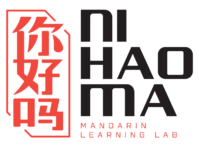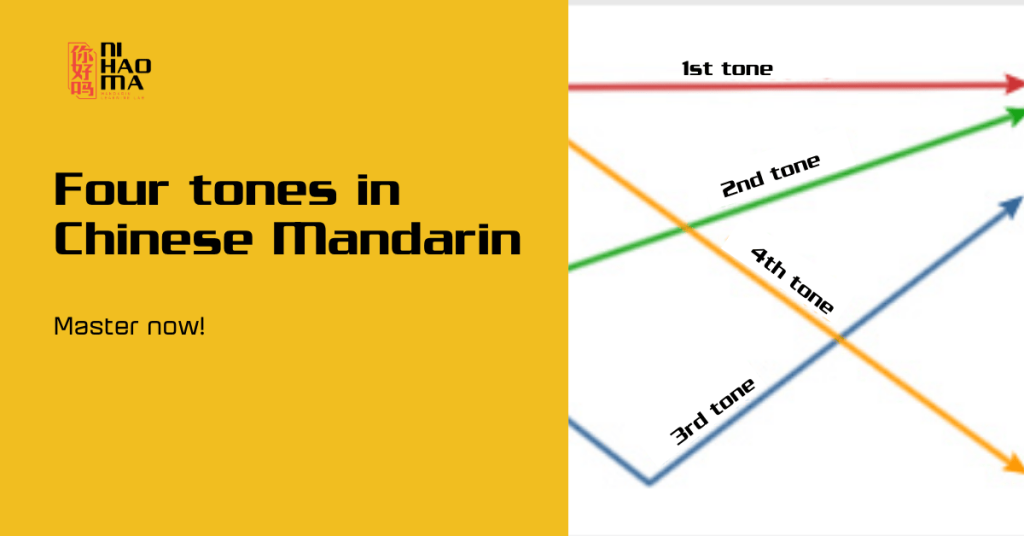Have you ever encountered difficulties communicating in Chinese in a work environment? Do you feel like having sufficient vocabulary to confidently negotiate, give presentations, or send emails in Chinese? This article will help you resolve these questions by providing you with a large amount of specialized Chinese vocabulary commonly used in businesses.
Vocabulary used in business communication
Chinese vocabulary used in communication plays a crucial role in interaction, work, and learning. It helps us understand and be better understood by others. From simple greetings like “你好” (Nǐ hǎo – Hello) to more complex interactions in a work environment, mastering vocabulary will help us feel more confident in our daily communication. Learning business Mandarin vocabulary not only helps us expand our vocabulary but also helps us gain a deeper understanding of Chinese workplace culture and people.
Greetings
- 你好 (Nǐ hǎo): Hello
- 早上好 (Zǎoshang hǎo): Good morning
- 下午好 (Xiàwǔ hǎo): Good afternoon
- 晚上好 (Wǎnshang hǎo): Good evening
Introducing oneself
- 我是… (Wǒ shì…): I am…
- 很高兴认识你。 (Hěn gāoxìng rènshi nǐ.): Nice to meet you.
Example:
- 你好,我是李明。 (Nǐ hǎo, wǒ shì Lǐ Míng.): Hello, my name is Li Ming.
- 很高兴认识你,王女士。 (Hěn gāoxìng rènshi nǐ, Wáng nǚshì.): Nice to meet you, Ms. Wang.
Invitation
- 请坐 (Qǐng zuò): Please sit down
- 请喝茶 (Qǐng hē chá): Please have some tea
- 请用 (Qǐng yòng): Please help yourself
Declining an invitation
- 对不起,我不能。 (Duìbuqǐ, wǒ bù néng.) Sorry, I can’t.
- 谢谢您的邀请,但是… (Xièxie nín de yāoqing, dàn shì…) Thank you for your invitation, but…

Vocabulary used in Negotiations
Chinese vocabulary for negotiations includes a range of words and phrases related to making offers, negotiating, persuading, and reaching agreements. Mastering this vocabulary will not only boost your confidence in communication but also help you avoid misunderstandings. Additionally, using precise and professional language will create a positive impression on your partners and contribute to building long-term cooperative relationships.
Making an Offer (提议, tí yì)
- 我建议… (Wǒ jiànyì…): I propose…
- 我们可以考虑… (Wǒmen kěyǐ kǎolǜ…): We could consider…
- 我方建议… (Wǒfāng jiànyì…): Our company suggests…
Agree (同意, tóngyì)
- 我同意 (Wǒ tóngyì): I agree.
- 可以 (Kěyǐ): Yes.
- 没有问题 (Méiyǒu wèntí): No problem.
Disagree (不同意, bù tóng yì)
- 我不同意 (Wǒ bù tóngyì): I don’t agree.
- 恐怕不行 (Kǒngpà bù xíng): I’m afraid that is impossible.
- 这个很难办 (Zhège hěn nán bàn): This is very hard.
Negotiate (达成协议, dáchéng xiéyì)
- 我们达成了一致 (Wǒmen dáchéng le yīzhì): We have reached an agreement.
- 我们达成协议 (Wǒmen dáchéng xiéyì) – We are all agree on this.
Compromise (让步, ràngbù)
- 我们可以考虑一下 (Wǒmen kěyǐ kǎolǜ yīxià) – We could consider this.
- 为了表示我们的诚意,我们可以… (Wèile biǎoshì wǒmen de chéngyì, wǒmen kěyǐ…) – To show our goodwill, we could …

Vocabulary used in Presentations
A successful presentation requires not only engaging content but also a fluent and coherent delivery. Vocabulary plays a crucial role in effectively conveying information. With a rich and diverse vocabulary, you can confidently express your ideas, emphasize key points, and persuade your audience. In particular, vocabulary related to introductions, conclusions, emphasis, examples, and summaries will make your presentation more professional and impressive.
Introduction 首先 (Shǒuxiān)
- Firstly 首先,我想… (Shǒuxiān, wǒ xiǎng…) – Firstly, I would like to…
- 今天我给大家介绍一下… (Jīntiān wǒ gěi dàjiā jièshào yīxià…) – Today, I’m going to introduce…
Conclusion 最后 (Zuìhòu)
- Finally 总之 (Zǒngzhī): In conclusion
- 通过以上的分析,我们可以得出结论… (Tōngguò yǐshàng de fēnxī, wǒmen kěyǐ déchū jiélùn…) – Based on the analysis above, we can conclude…
Emphasis
- 特别 (Tèbié): Particularly
- 重要的是… (Zhòngyào de shì…) – What is important is…
- 我必须强调… (Wǒ bìxū qiángtiáo…) – I must emphasize…
Giving Examples
- 例如 (Lìrú): For example
- 比如说 (Bǐrú shuō): For instance
- 举个例子 (Jǔ gè lìzi): To illustrate
Summarizing
- 因此 (Yīncǐ): Therefore
- 所以 (Suǒyǐ): Consequently
- 综上所述 (Zōngshàng suǒshù): In summary Example: In summary, I believe that…

Vocabulary used in Emails
Writing emails in Chinese requires a high degree of accuracy and professionalism. In addition to conveying information clearly, using appropriate vocabulary helps you create a professional image and make a good impression on the recipient. From polite greetings and respectful phrases to formal closings, choosing the right words will help you score points in the eyes of your partners.
Opening
- 尊敬的 (zūn jìng de): Dear (used for older people or superiors)
- 亲爱的 (qīn ài de): Dear (used for acquaintances)
- 您好 (nín hǎo): Hello (general use)
Main Content
- 感谢您的邮件。 (Gǎnxiè nín de yóujiàn.): Thank you for your email.
- 关于…,我想跟您说… (Guānyú…, wǒ xiǎng gēn nín shuō…): Regarding…, I would like to inform you that…
- 请您参考附件: (Qǐng nín cānkǎo fùjiàn): Please find the attached document for your reference.
Closing
- 祝您工作顺利。 (Zhù nín gōngzuò shùn lì.) I wish you all the best in your work.
- 期待您的回复。 (Qìdài nín de huífù.) I look forward to hearing from you soon. Have a nice weekend. (祝您周末愉快。 Zhù nín zhōumò yúkuài.) (if sending at the weekend)
Examples of dialogues in Chinese
Situation 1: First meeting
A: 您好,很高兴认识您。我是市场部的张伟。
(Nín hǎo, hěn gāoxìng rènshi nín. Wǒ shì shìchǎng bù de Zhāng Wěi.) Hello, it’s a pleasure to meet you. I’m Zhang Wei from the marketing department.
B: 您好,张伟。我是财务部的李丽。很荣幸能和你合作。
(Nín hǎo, Zhāng Wěi. Wǒ shì cáiwù bù de Lǐ Lì. Hěn róngxìng néng hé nǐ hézuò. ) Hello, Zhang Wei. I’m Li Li from the finance department. It’s a pleasure to work with you. Situation
2: Discussing a project
A: 王经理,关于这个新项目,我有一些想法。
Wáng jīnglǐ, guānyú zhège xīn xiàngmù, wǒ yǒu yīxiē xiǎngfǎ. (Manager Wang, I have some ideas about this new project.)
B: 哦,你说说看。
(Oh, nǐ shuōshuō kàn.) Oh, please tell me more.
Situation 3: Asking for opinion
A: 李先生,请问您对这个方案有什么看法?
(Lǐ xiānsheng, qǐngwèn nín duì zhège fāngàn yǒu shénme kànfǎ?) Mr. Li, what do you think of this proposal?
B: 我觉得这个方案可行性很高。
(Wǒ juéde zhège fāngàn kěxíngxìng hěn gāo.) I think this proposal is very feasible.
Conclusion
Learning and effectively applying Chinese vocabulary in a business environment is not only a communication tool but also a key to unlocking new opportunities. By equipping yourself with a rich and diverse vocabulary, you can not only confidently communicate with partners but also gain a deeper understanding of Chinese business culture.
To achieve high efficiency in the learning process, you can combine various methods such as learning through context, learning through songs, or exploring Ni Hao Ma’s Mandarin courses to maximize your Mandarin skills in a business environment.



